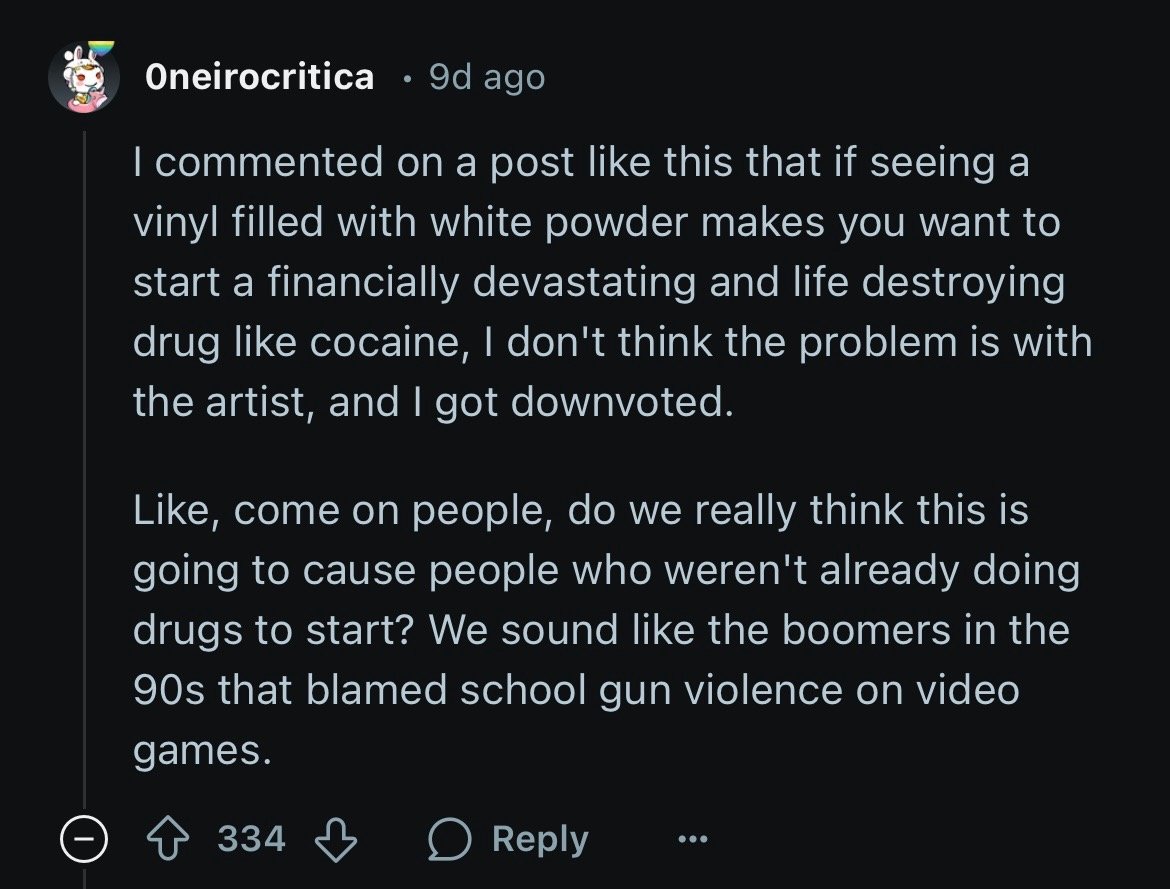THE DEBATE OVER CHARLI XCX’S BRAT AESTHETIC
Is Charli XCX simply representing the new reality of party culture, or is she glorifying it?
Written by Briana Williams
Photo Courtesy of The Guardian
English singer-songwriter Charli XCX coined the term “brat summer” during the June release of her album, Brat. The hedonistic lifestyle promoted by the artist reached all corners of the internet, with even former Vice President Kamala Harris embracing the theme on her campaign social media.
While participating in brat summer includes following the chaotic, y2K inspired aesthetic – at its core brat summer is about radical acceptance of oneself.
“You’re that girl who is a bit messy and loves to party and maybe says dumb things sometimes,” Charli explains in a Tiktok video.
Having a “brat summer” began as prioritizing embracing one's imperfections and having a good time with friends. However, as time continues, being “brat” is beginning to morph into something that’s becoming controversial amongst the hyper-pop artist’s fans.
Until January 31, a new Brat variant record was available for per-order on the artist’s website. While plenty of artists release limited edition records, it was the design that has caused some fans to become disgruntled.
Photo Courtesy of RecordRecord.th
The record is designed to have a white powder inside of the hollow center of the clear vinyl. Many believe that the white powder in the vinyl is meant to represent cocaine, a common party drug.
The vinyl is simply one piece in this story. Throughout her Brat tour, Charli has been recorded by fans being handed chambers, and discreetly ducking under a table – reappearing moments later. Some speculate drug usage, while others argue that she could simply be tying her shoes.
Charli’s song lyrics have also come under scrutiny. In her song “365”, her autotuned voice sings, “Should we do a little key? Should we have a little line” – both references to using cocaine. With some angry at these lyrics, many argue that it is important to remember that songs aren’t necessarily always a direct reflection of an artist's actions.
The combination of these incidents have led to widespread criticism that Charli XCX is conflating being “brat” with doing cocaine. With the Overdose Crisis worse than ever, fans and critics alike are concerned with how this could influence the public.
Drug use and addiction in Hollywood is not a new occurrence. Due to some of the struggles that come with fame, musicians and actors alike face an increased risk for substance abuse. According to a study conducted by BioMedical Center in 2016, 220 celebrities died with a clear indication of involved substances between 1970 and 2015.
Many celebrities who faced drug addictions also do so privately, with the general public having no idea the artist was using. Jamie Lee Curtis, Jon Hamm, and Zac Efron, are just a few examples of celebrities who privately went to rehab – whether that be for cocaine, alcohol, or pills. Up until recently, Hollywood drug usage was just a well-known secret. It appears drug usage is no longer becoming a secret people feel the need to hide. This can be both good and bad. On one hand, people will have an easier time getting the help they need. On the other hand, there is the risk of romanticizing drugs to a younger audience – though some argue that is not a cause for concern.
Many redditors acknowledge this argument as a fair point – how many people do drugs simply because a celebrity is doing them? How far does celebrity influence go? Are artists responsible for the lifestyles they promote?
Arguing the opposite side, on Substack, one user writes, “I don’t understand public figures who glamorize hard drugs. Yes, I’m talking to you Charli xcx,” going on to explain how drug use for poor people of color have detrimental effects on their lives.
Some users agreed, with one replying, “There’s so much fentanyl in drugs now it’s the worst time to be promoting hard drugs. People are dying.”
On the Charli XCX subreddit, one user explains at, “I commented on a post like this that if seeing a vinyl filled with white powder makes you want to start a financially devastating and life destroying drug like cocaine, I don't think the problem is with the artist, and I got downvoted…Like, come on people, do we really think this is going to cause people who weren't already doing drugs to start? We sound like the boomers in the 90s that blamed school gun violence on video games.”
Those who critique Charli don’t seem to be angered at her drug use, but rather the openness of her use, viewing it as glamorization. However, the question remains: is it glamorization or simply just honesty? People can’t seem to agree.
The controversy surrounding Charli XCX’s Brat vinyl brings up interesting discourse around drug culture in America. While substance abuse has long been a part of Hollywood, it seems that it’s more visible than ever.
Ultimately, this conversation goes beyond just the “Brat” era. It forces us to ask: Where do we draw the line between honesty and irresponsible influence? And in an era where addiction remains a crisis, should Hollywood stars bear a greater responsibility for the actions they promote?





